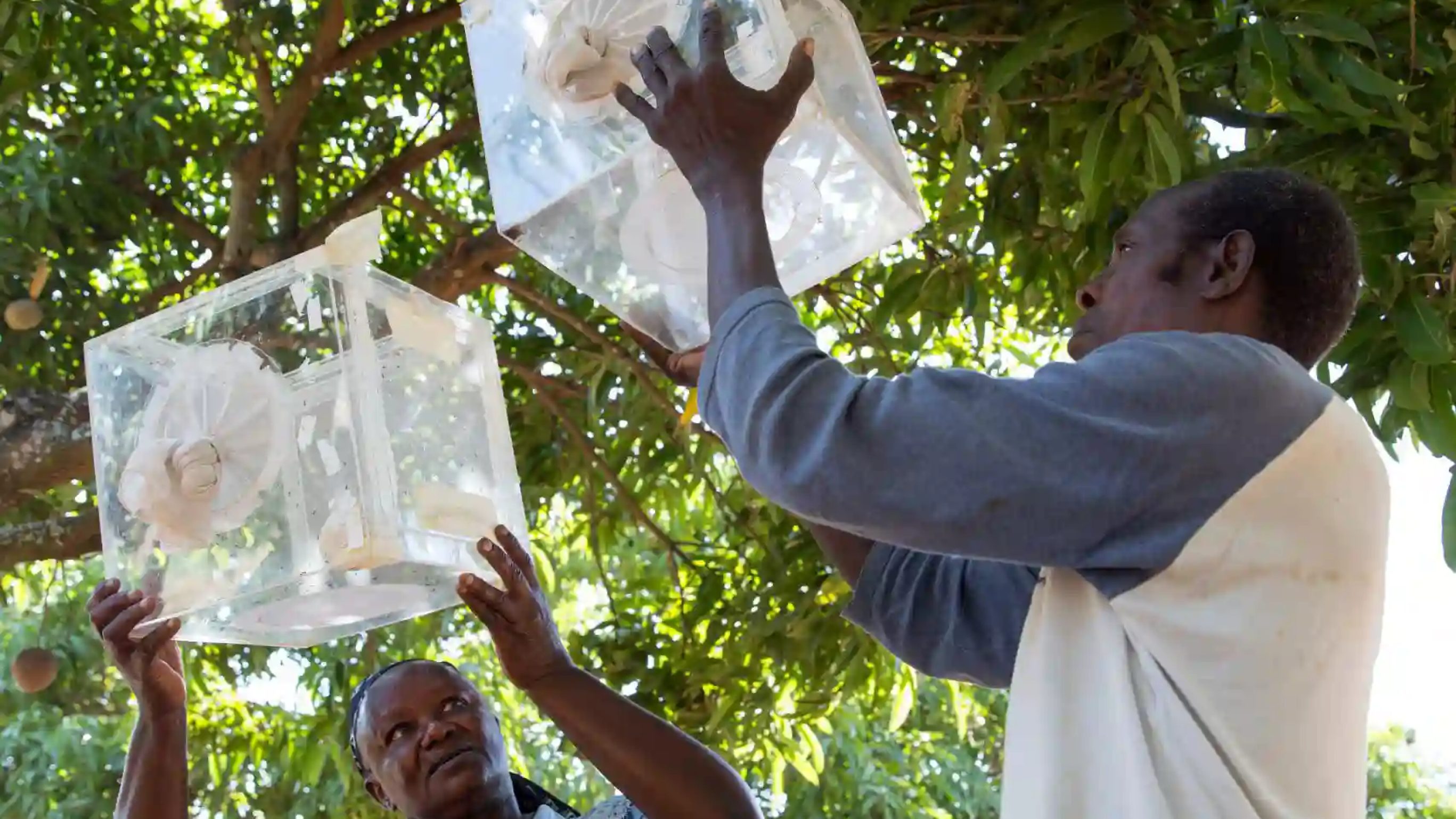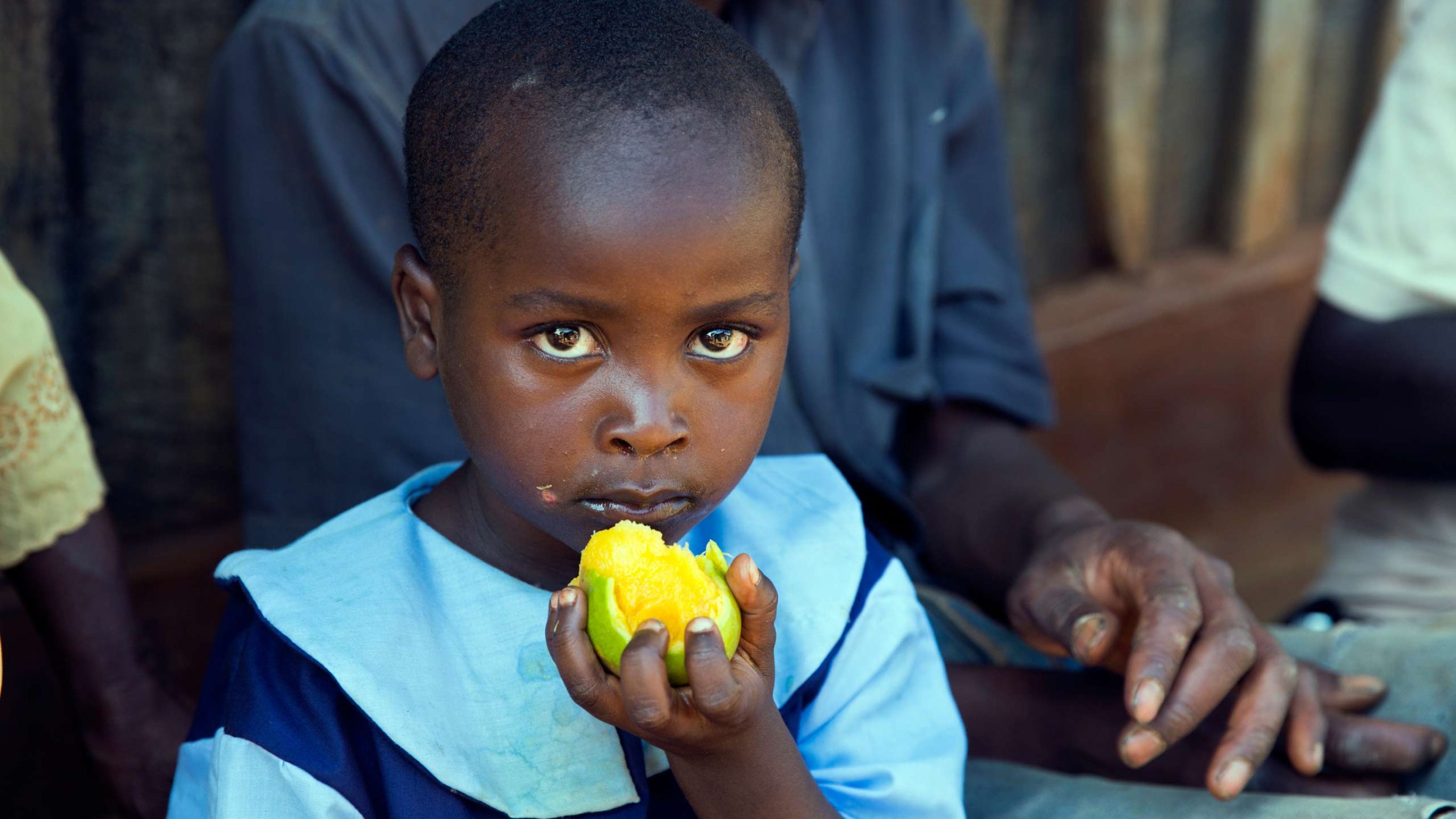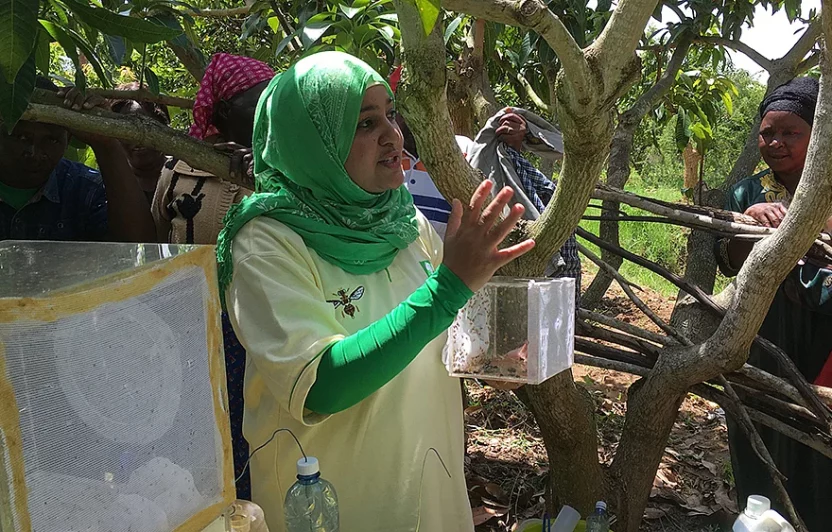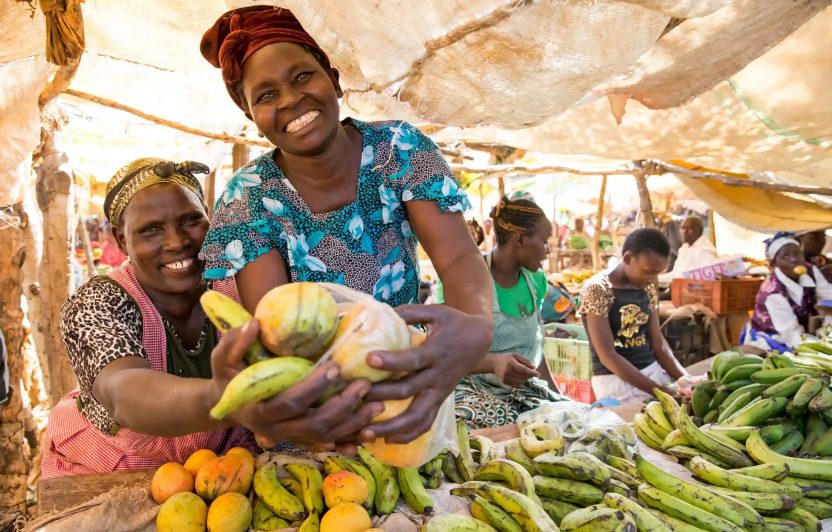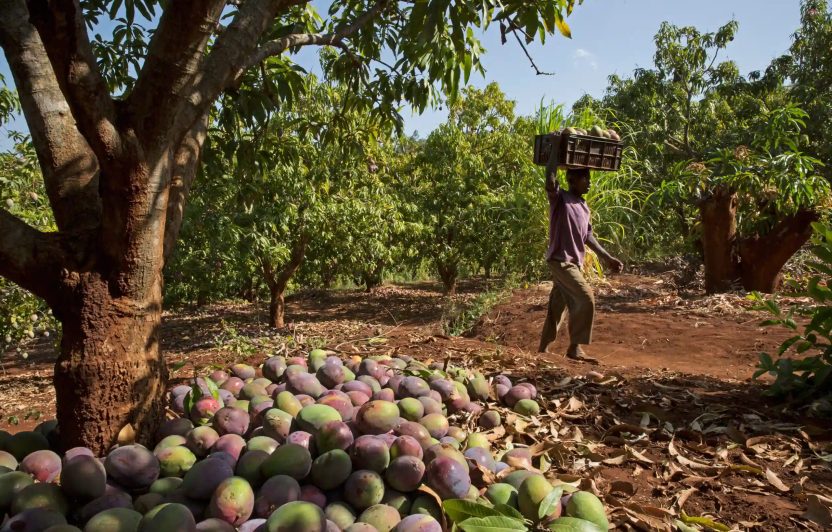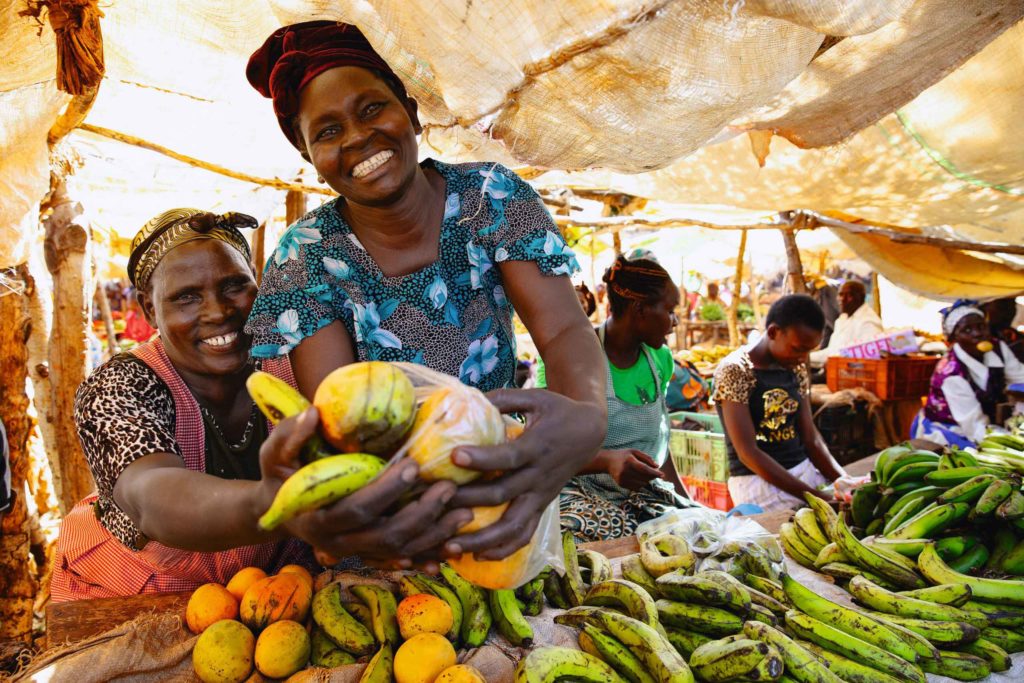
The year 2018 was particularly special for the fruit fly experts at icipe: after preparations lasting 2½ years, they were finally granted permission to import into Ethiopia two beneficial insects – parasitoids that prey on mango fruit flies. Since then, parasitoid wasps have been bred in the icipe laboratory in Ethiopia and are an effective complement to existing measures to control the fruit flies.
In Kenya, many producers were already familiar with and enthusiastic about Integrated Pest Management (IPM for short). In contrast, in Ethiopia, this effective and environment-friendly method was unknown to many farming families, where mangoes are also an important source of income. However, the rise in fruit fly infestations in recent years had increased their frustration as they faced serious losses both before and after the harvest. “There is a growing demand for control methods that are effective long-term. We can hardly keep up with the demand for training and IPM starter kits,” explains Dr Shifa Ballo, IPM expert at icipe. He is delighted with the insects that arrived in May 2018. Since then, he and his fellow lab workers have been spending their days and nights looking after the wasps. His dream is to set up decentralised breeding units for the wasps in the project region of Arba Minch but that is some way off. For now, his task is to ensure that the insects (Fopius arisanus and Diachasmimorpha longicaudata) are properly established in the laboratory in Addis Ababa and feel at home.
In Kenya and Tanzania, harvests are good – thanks to a proven method
In Kitui County in Kenya, which has been the focus of our fruit fly project for the last three years, the mango farmers are already further forward. As fruit grower Pius Mutia explains: “By discussing the challenges of mango growing with other farmers and learning from experts, we have made genuine progress.” Using Integrated Pest Management, Pius Mutia has improved the quality of his mangoes. He is also growing a range of different varieties. For example, a colleague gave him some seeds from a late-ripening mango variety known as “Kent”. This allows him to harvest fruit until April – much later than most of the other growers. He can then sell them at the local market for a much higher price. This personal initiative is very much in the spirit of the project and is why our partner icipe is working with regional food authorities and trade organisations. As part of this, they set up stands at the field training sessions and provide information on marketing and bookkeeping.
In Tanzania, the mango producers require little help as since 2018 they have had access to IPM training courses. Their trade body proactively approached icipe and asked for support in their fight against the mango pests. “When we started in April 2018, we reckoned on 200 participants – 400 turned up,” laughs Dr Fathiya Khamis, project coordinator for the Biovision fruit fly project. She is particularly pleased at the level of interest from the younger generation together with the well-established marketing structures in Tanzania’s coastal region.
It’s now the turn of the island of Zanzibar: multipliers at new locations
The project team at icipe is now breaking new ground and has started to tackle a quite different situation on the island of Zanzibar. Until now, the island has had few ways of controlling the invasive fruit fly but last autumn discussions were held locally with senior agricultural staff about the project. Dr Fathiya Khamis and her team are looking forward to this new venture. Their initial meetings with mango producers on the island have reinforced their view that producers are thirsty for knowledge and are hoping for long-term improvements in their living conditions.
Accordingly, the potential for establishing the proven IPM method here as well, and for replicating the successes achieved in previous project regions from 2019 onwards, is high.
